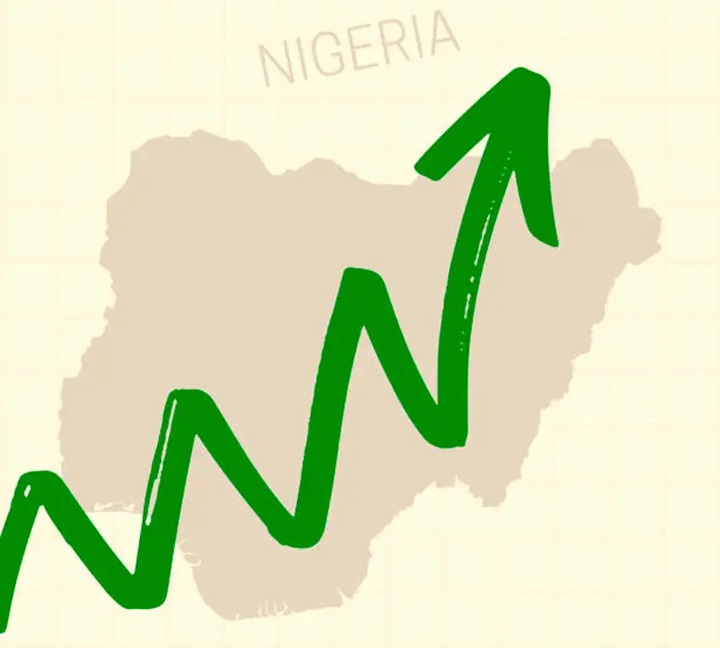Nigeria’s banking and insurance sectors, along with other financial institutions, collectively contributed an estimated ₦1.77 trillion to the national economy in the first quarter of 2025, underscoring their growing importance across finance and industry.
Data from regulatory and market sources reveal that the banking industry remained the main driver of this contribution. Profits, interest earnings, fees, and charges from lending, advisory services, and digital banking platforms formed the bulk of activity. Several banks also benefited from rising demand for retail and corporate loans, trade finance, and treasury operations amid a recovering economy.

Insurance companies, pension fund administrators, and capital market operators—including stock exchanges, brokerage firms, and asset managers—accounted for a sizable portion of the remaining contribution. Premium income, fund management fees, underwriting activities, and investment returns all played roles in bolstering the sector’s value-add.
Analysts observe that the ₦1.77 trillion figure reflects economic growth in financial intermediation, risk management services, and long-term savings mobilization. It also reflects corrective measures by monetary authorities to stabilize the naira, ease inflationary pressures, and support liquidity in critical sectors such as trade, manufacturing, and agriculture.
Banks reported improved operating margins in Q1, driven by tightening yields and cautious but expanding lending. Non-interest revenue streams—such as account maintenance fees, e‑processing charges, and fintech partnerships—continually supported earnings despite regulatory restrictions on some fee structures.
Insurance providers benefitted from rising awareness of insurance penetration, especially in life, health, and micro‑insurance verticals. The growth of bancassurance partnerships and digital distribution channels played a key role in increasing access and revenues.
Pension fund administrators and asset managers added to the total via returns from investments in equities, government bonds, and infrastructure-related securities. Pension assets under management continued to grow, with inflows from both private-sector workers and government employees benefiting long-term fund performance.
Industry observers emphasize that the financial sector’s contribution to GDP remains highly sensitive to external and internal macroeconomic conditions, including exchange rate fluctuations, interest rate volatility, and foreign capital inflows or outflows. Nevertheless, the Q1 performance signals resilience amid systemic headwinds.
Policymakers welcome this performance, viewing the strong contribution as validation of reforms to banking regulation, capital adequacy requirements, and efforts to expand digital and financial inclusion. Government officials note that healthier financial markets support government borrowing, project debt issuance, and enhanced resource allocation to priority sectors.
Chief executives in banking and insurance reinforced their commitment to sustaining momentum. They outlined plans to deepen credit access to small and medium enterprises, drive insurtech innovations, and expand micro‑pension schemes to underserved workers—areas considered critical for inclusive development.
Despite the positives, challenges linger. Consumer lending remains constrained by inflation and currency pressure, while insurance penetration overall remains below global norms. Financial-endemic structural issues—such as non-performing loans, capital market volatility, and fiscal uncertainty—continue to pose risks.
Looking forward, stakeholders expect continued engagement between industry leaders, regulators, and government to foster policies that encourage sustainable credit growth, deepen capital markets, and promote financial literacy. In particular, boosting export finance, strengthening diaspora remittance channels, and enhancing digital penetration are seen as high-impact interventions.
In sum, the banking, insurance, and wider financial sector’s contribution of ₦1.77 trillion to the economy in Q1 2025 demonstrates its central role in fueling growth, financing enterprise, and stabilizing markets. Maintaining this momentum through policy clarity, financial innovation, and risk management is vital to securing the sector’s future as a catalyst for broader economic transformation.
Support InfoStride News' Credible Journalism: Only credible journalism can guarantee a fair, accountable and transparent society, including democracy and government. It involves a lot of efforts and money. We need your support. Click here to Donate
